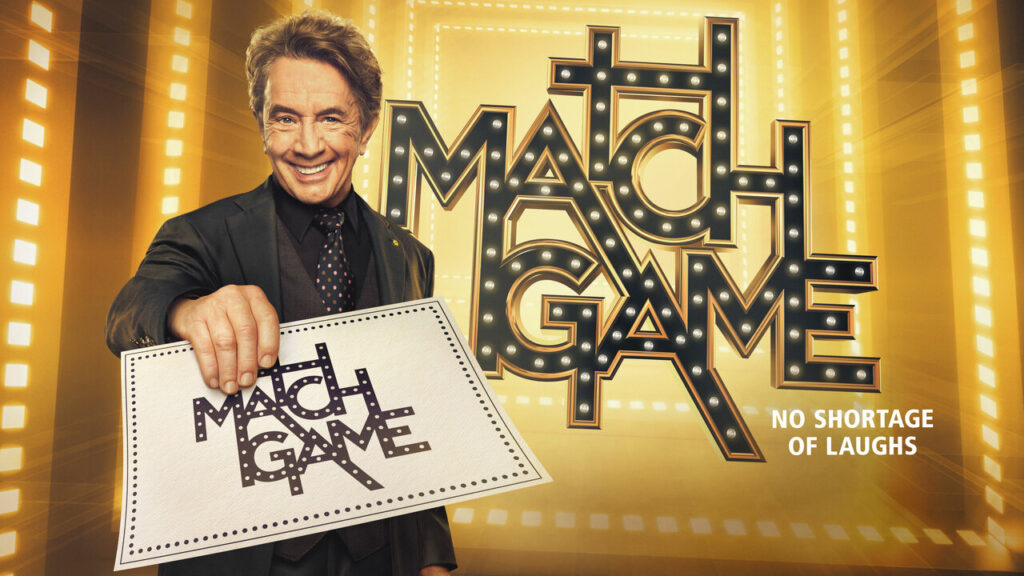The Match Game review reveals why this 2025 biographical drama delivers genuine emotional depth and strategic tension. Kim Hyung-joo’s masterful direction transforms familiar sports territory into something genuinely compelling and emotionally resonant.
What happens when you combine the ancient strategy of Go with the most complex bonds between mentor and student? You get biographical drama perfection. Match Game (2025), directed by Kim Hyung-joo, stands as one of the most compelling sports dramas in recent cinema history. This intense biographical film follows legendary Go master Cho Hun-hyun and his gifted protégé Lee Chang-ho as their relationship evolves from teacher-student to bitter rivals. While the film operates on familiar mentor-betrayal territory, it succeeds because it never exploits its premise—every moment of competition and character development is handled with complete emotional authenticity.
Synopsis
In 1980s South Korea, Cho Hun-hyun reigns as the undisputed champion of Go, an ancient board game requiring supreme strategic thinking and years of dedication to master. During an amateur tournament, he discovers Lee Chang-ho, a remarkably gifted young boy whose raw talent for the game exceeds anything Hun-hyun has ever witnessed. Recognizing the boy’s extraordinary potential, Hun-hyun takes Chang-ho under his wing to transform him into a professional player.
Under Hun-hyun’s intensive training, Chang-ho develops into a formidable competitor, eventually challenging his master’s dominance in the Go world. What begins as a proud mentor watching his student succeed gradually transforms into a complex rivalry that tests the bonds of loyalty, respect, and friendship. The film follows their relationship’s evolution from mutual admiration to devastating competition, exploring how success can sometimes destroy the very relationships that made it possible.
Plot & Themes
Match Game operates on a deceptively complex premise: sometimes the greatest gift we can give someone is also the source of our own downfall. The Go setting serves as both competitive arena and metaphor for exploring deeper questions about ambition, loyalty, and the price of excellence when everything depends on winning.
The film’s genius lies in its careful balance between sports elements and character development. When Hun-hyun faces the painful reality of being surpassed by his own student, the movie never treats his emotional struggles as secondary to the game sequences. These moments work because Kim Hyung-joo understands that true drama comes from emotional investment in the characters’ complex relationship.
Thematically, the movie explores how mentorship can create both profound connection and inevitable conflict. Hun-hyun and Chang-ho’s journey isn’t just about mastering Go—it’s about discovering that love and competition can coexist in ways that are both beautiful and heartbreaking.
Cinematography & Visuals
The cinematography captures the meditative intensity of Go competition with visual techniques that serve both the strategic and emotional elements perfectly. The visual style emphasizes the contrast between the peaceful game board and the fierce psychological battles occurring between players, using close-ups and measured pacing to create mounting tension.
The film excels in building suspense through strategic storytelling. The sequences showing complex Go matches demonstrate excellent understanding of the game’s visual appeal. The camera work holds on meaningful moments of realization and defeat just long enough to create genuine emotional investment in each move’s consequences.
Strategic details reward careful viewing. During competition sequences, attentive viewers will notice how the characters’ emotional states are reflected in their playing styles and decision-making processes on the board.
Acting & Characters
Lee Byung-hun delivers a compelling performance as Cho Hun-hyun, anchoring the film with his portrayal of a master watching his legacy slip away. His character arc from confident teacher to threatened rival feels authentic and earned rather than forced. Lee brings both dignity and vulnerability to his role as a man facing his own limitations.
Yoo Ah-in provides excellent support as Lee Chang-ho, bringing both youthful determination and growing complexity to his character. His chemistry with Lee Byung-hun creates a believable mentor-student relationship that evolves convincingly into rivalry.
Ko Chang-seok rounds out the supporting cast with performances that balance competitive intensity with human warmth. The ensemble creates believable Go community dynamics that ground the personal story in authentic professional context.
The supporting cast, including Hyun Bong-sik and Moon Jeong-hee, brings depth without falling into stereotype, creating believable characters that serve the story’s exploration of tradition and change.
Direction & Screenplay
Kim Hyung-joo’s direction maintains perfect pacing throughout the film’s runtime. Coming from his experience with character-driven drama, Kim understood that sports films require careful balance between competition and emotional development. Every game sequence and personal revelation is given space to resonate meaningfully.
The screenplay layers tension at multiple levels:
- Character development that explores mentorship and rivalry authentically
- Go elements that feel researched rather than superficial
- Competitive components that build naturally from personal relationships
- Cultural beats that never feel explanatory or forced
The script’s structure follows sports drama conventions while subverting them through genuine character complexity. This creates familiarity that makes the unexpected moments of betrayal and reconciliation land with greater emotional impact.
Sound & Music
The film’s score perfectly balances contemplative silence with underlying emotional tension to create an audio landscape that mirrors the characters’ internal struggles. The music enhances rather than overwhelms the natural drama of both personal and competitive moments.
Sound design plays a crucial role in building atmosphere. The way stones click against the board, and how breathing and heartbeats intensify during crucial matches, creates an immersive experience that places viewers directly into the high-stakes world of professional Go.
The use of silence deserves particular recognition. Key moments of strategic thinking and emotional realization are allowed to breathe without musical manipulation, trusting audiences to connect with the characters’ mental processes through visual storytelling alone.
Conclusion & Verdict
Match Game succeeds because it treats its biographical premise with intelligence and respect for both the real people involved and the cultural significance of Go. Every element—from performance to cinematography to sound design—works in service of both competition and character development without sacrificing either.
Strengths:
- Exceptional lead performances that create believable mentor-student dynamics
- Authentic Go elements that feel researched and respectful
- Excellent pacing that builds tension while maintaining emotional focus
- Thoughtful exploration of ambition and loyalty through action rather than exposition
Minor Weaknesses:
- Some biographical elements feel slightly compressed for dramatic purposes
- Occasional pacing issues during extended game sequences slow momentum briefly
This film remains essential viewing for drama fans and anyone who appreciates character-driven biographical storytelling. Match Game works for audiences who enjoyed The Queen’s Gambit, Rush, or The Social Network.
Rating: 8.5/10
Director: Kim Hyung-joo
MPAA Rating: PG-13 (for thematic material, some language and brief smoking)
Starring: Lee Byung-hun, Yoo Ah-in, Ko Chang-seok, Hyun Bong-sik
For more biographical drama reviews, check out our analysis of other sports-centered character studies. You can also explore the film’s production details at the Internet Movie Database.


